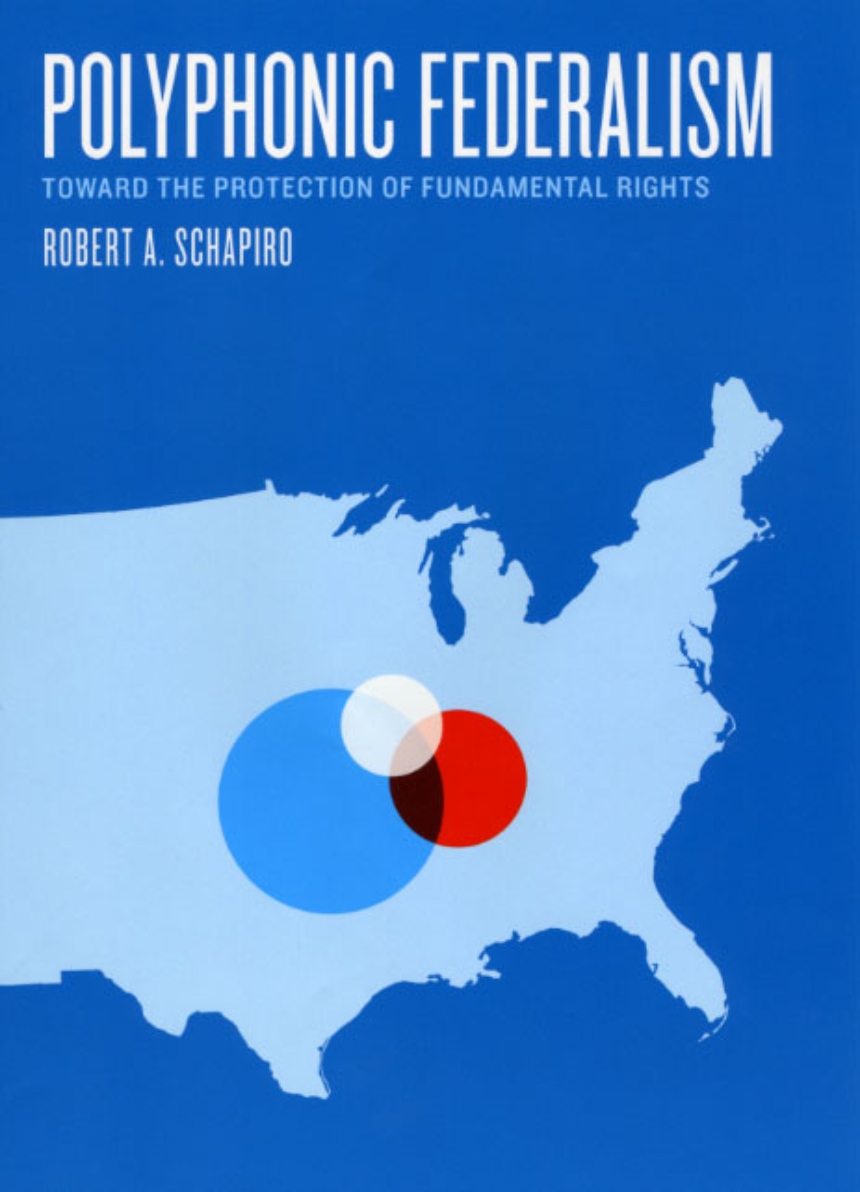Polyphonic Federalism
Toward the Protection of Fundamental Rights
The relationship between the states and the national government is among the most contested issues in the United States. And questions about where power should reside, how decisions should be made, and how responsibility should be allocated have been central to the American experiment in federalism. In Polyphonic Federalism, Robert A. Schapiro defends the advantages of multiple perspectives in government, arguing that the resulting “polyphony” creates a system that is more efficient, democratic, and protective of liberties.
This groundbreaking volume contends that contemporary views of federalism are plagued by outmoded dualist notions that seek to separate state and federal authority. Instead, Schapiro proposes a polyphonic model that emphasizes the valuable interaction of state and federal law, one that more accurately describes the intersecting realities of local and national power. Through an analysis of several legal and policy debates, Polyphonic Federalism demonstrates how a multifaceted government can best realize the potential of federalism to protect fundamental rights.
Reviews
Table of Contents
Introduction
Chapter 1: The Paradox: The Revival of Federalism in a Nationalizing Society
Chapter 2: Federalism Old and New
Chapter 3: The Return of Dualism
Chapter 4: Federalism as Polyphony
Chapter 5: The Benefits of Intersystemic Adjudication
Chapter 6: State Courts as Enforcers of Federal Law
Chapter 7: Customary International Law in State and Federal Courts
Conclusion
Notes
Index
